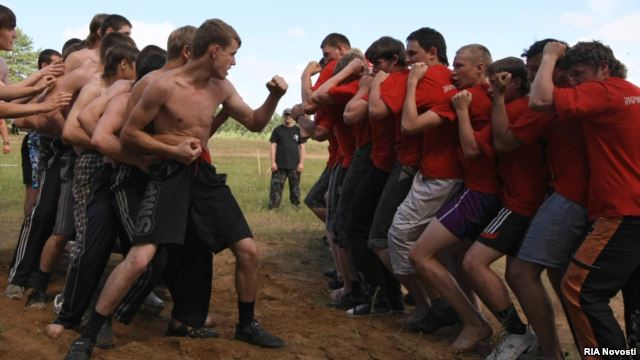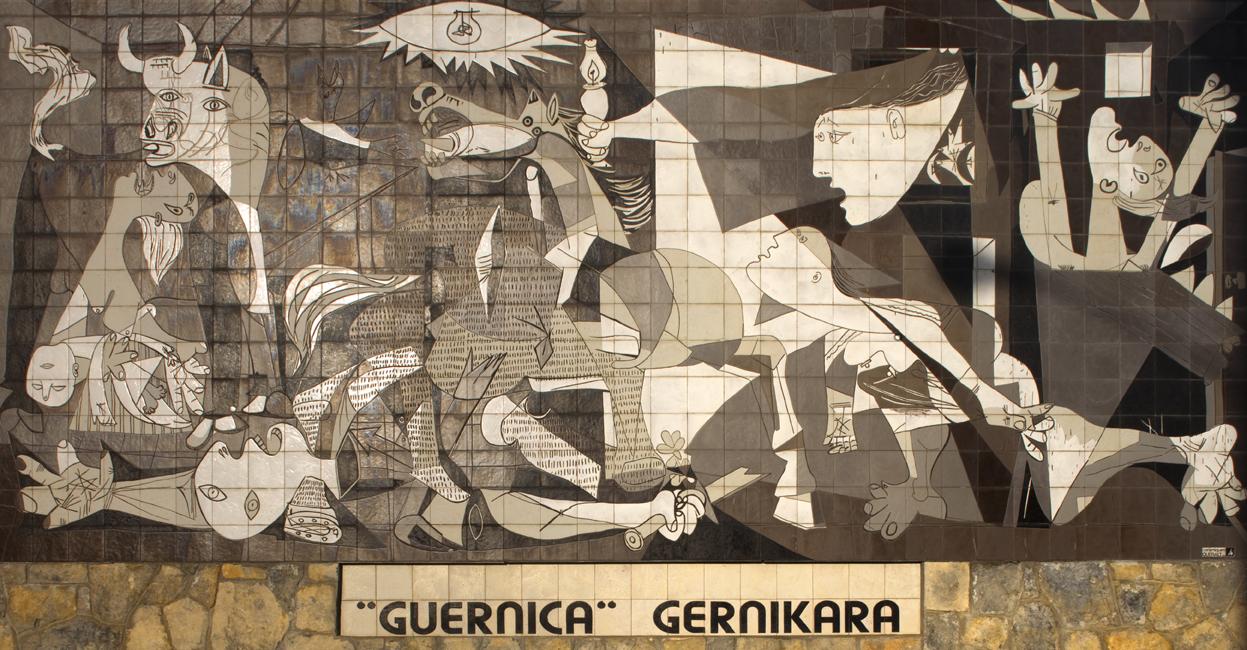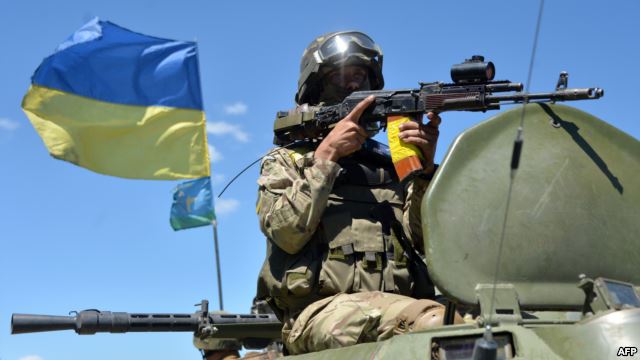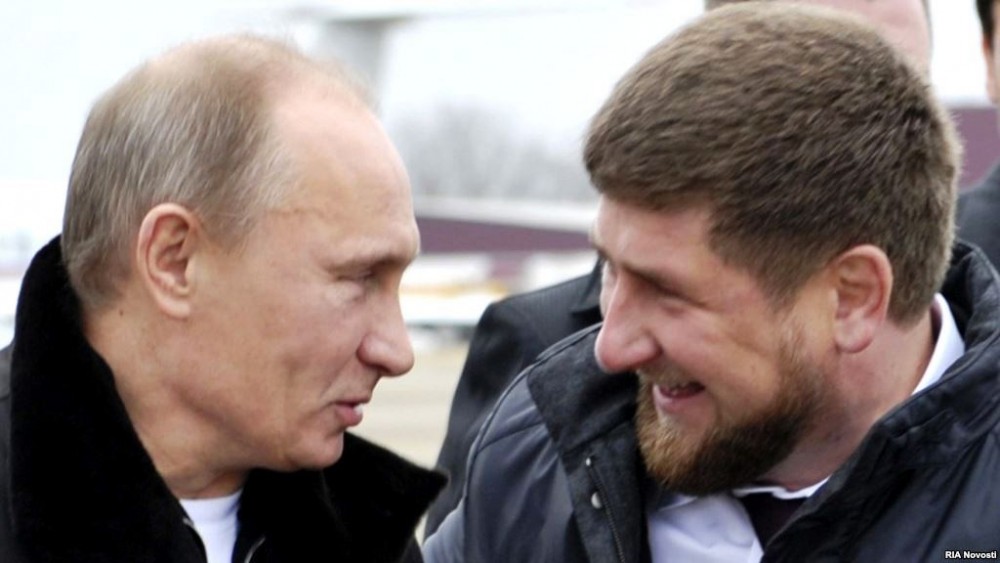Two speakers at a Moscow conference of Russian psychologists and psychoanalysts say that Russians today, especially the residents of major cities, resemble a dehumanized and immature group of orphans who lack broader social ties or core values and who ever more often display fear, aggression and depression.
The conference, entitled “Ecce Home
” and organized by Elena Gazarova of the Moscow Institute of Human Physiology, attracted such notable Russian psychologists and psychoanalysts as Tatyana Levi, Elena Mazur, Tatyana Zadernovskaya, Anna Nikitina, Vladimir Galata and Anatoly Korsakov.
Gazarova told the group that “the contemporary Russian individual is losing spirituality and soulfulness and becoming harsh, formal, mechanistic, programmed and unfree,” all signs she says that speak of a “dehumanization” that has gone so far as to constitute a threat to the human species there.
Dehumanization, the psychologist says, is “the washing out of the human from the individual,” a process which compromises his or her ability to be a member of society and to show concern about others and reflects a choice of temporary, short-term values over longer-term eternal ones.
It also keeps people from becoming mature, Gazarova continues. “The contemporary Russian recalls a youth aged 14” who has not yet developed the ability to distinguish between truth and falsehood and who thus acts accordingly, often in an increasing state of depression about the surrounding world.
The other speaker at the meeting, Karine Gyulazizova, focused on the consequences of this in demography. She argued that the mental state of Russians now is one of the reasons for the authorities focus on boosting the birthrate rather than reducing the death rate, something especially hard to do in a population uncertain of what the meaning of life is.
The analytic psychologist said that much of this is the result of the destruction first of the tsarist empire which destroyed the extended families in which people had been embedded and left them in the state of graduates of orphanages without normal ties to others. That shift predetermined, she says, the eventual collapse of the Soviet system.
(Gazarova interjected that in her view the problem of Russia’s depopulation has its roots in the terror famine and genocide of peoples in the 1930s, which created a situation in which many came to believe that such things were not only possible but permissible, a conclusion the current regime has done little to challenge.)
Gyulazizova continued with the following observation: Whatever one wants to say about the current rulers, they “are not fulfilling the parental functions” that the tsar did, something Russians very much need because for Russians, “the tsar is not on a throne but inside their heads.”
Instead, Russians have come to feel, she argued, that no values are fixed and consequently, they “like orphanage children” can pick and choose whatever is necessary for survival or immediately attract. “An orphan child has absolutely no sense” of broader connections or imperatives.”
Consequently, the psychologist said, “the present-day Russian people are orphans without families and therefore their choice will always be feverish and always be incorrect.” And that outcome is even more likely, she suggested, when the government makes the wrong choices about what to emphasize.
Commemorating World War II is fine, she continued, but the government has emphasized its glories rather than its sufferings, thus changing its meaning and making war attractive for young people. Those who fought in the war did so in order that their children wouldn’t have to, but the Russian government is sending a different message.





